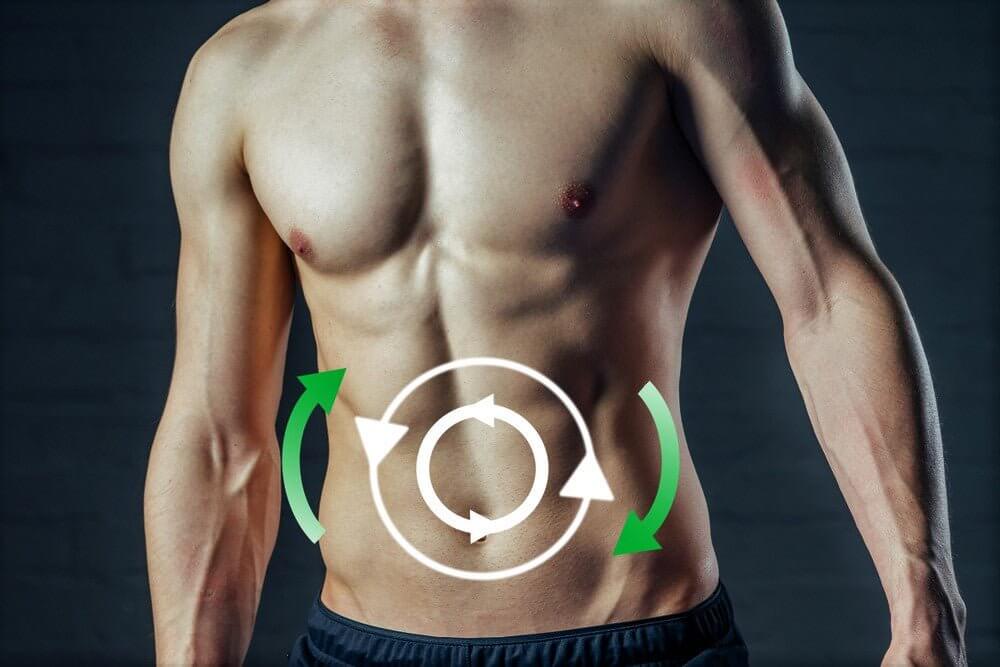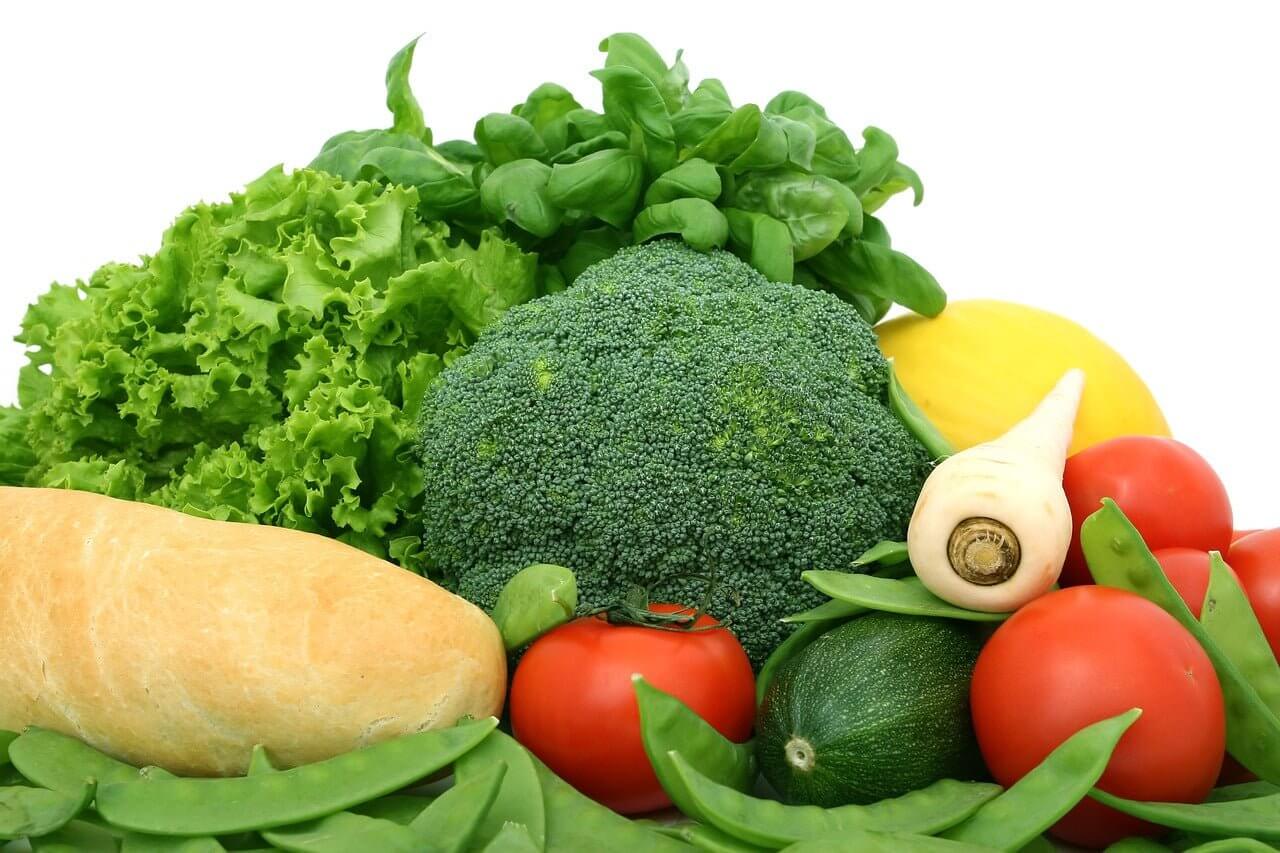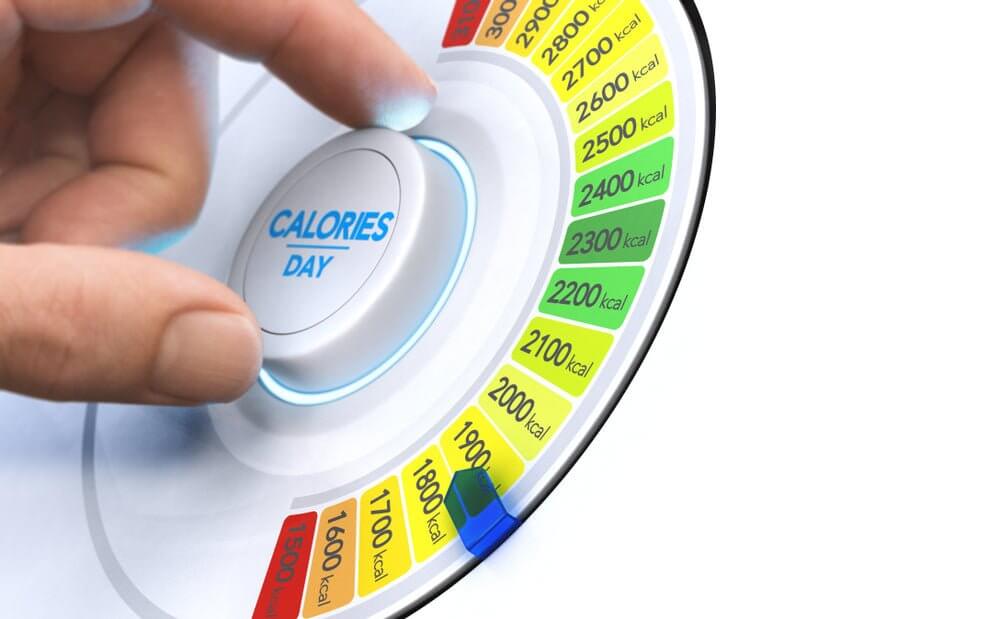
Metabolism and Weight Loss: How You Burn Calories
You've probably heard people say that their weight is due to a slow metabolism, but what does that mean? Is metabolism really the culprit? And if so, is it possible to kick-start your metabolism to burn more calories?
It is true that metabolism is linked to weight. But contrary to popular belief, a slow metabolism is rarely the cause of excessive weight gain.
Although metabolism influences the body's basic energy needs, it is the amount of food and drink and physical activity that ultimately determine weight.
Metabolism: Turning food into energy
Metabolism is the process by which your body converts what you eat and drink into energy. During this complex process, calories from food and drink combine with oxygen to release the energy your body needs to function.
Even at rest, your body needs energy for all of its "hidden" functions, such as breathing, blood circulation, adjusting hormone levels, and cell growth and repair. The number of calories your body uses to perform these basic functions is known as basal metabolic rate – what you might call metabolism.
Several factors determine your individual basal metabolic rate, including:
- Your body size and composition
People who are taller or have more muscle burn more calories, even at rest.
- Your gender
Men generally have less body fat and more muscle than women of the same age and weight, which means men burn more calories.
- Your age
As you age, the amount of muscle tends to decrease and fat makes up a larger portion of your weight, which slows down the burning of calories.
The energy needs for the basic functions of your body remain fairly constant and are not easily changed.
In addition to your basal metabolic rate, two other factors determine the number of calories your body burns each day:
- Food processing (thermogenesis)
Digestion, absorption, transport and storage of the food you eat also requires calories. About 10% of the calories from the carbohydrates and proteins you eat are used during digestion and absorption of food and nutrients.
- Physical activity
Physical activity and exercise — like playing tennis, going to the store, chasing the dog, and any other movement — accounts for the rest of the calories your body burns each day. Physical activity is by far the most variable of the factors that determine the number of calories you burn each day.
Scientists call activity that you do all day that isn't deliberate exercise, "non-exercised activity thermogenesis" (NEAT). This activity includes walking from room to room, activities like gardening, and even fidgeting. The NEAT represents approximately 100 to 800 calories used daily.
Metabolism and weight
It can be tempting to attribute weight gain to your metabolism. But since metabolism is a natural process, your body has many mechanisms that regulate it to meet your individual needs.
Only in rare cases is excessive weight gain due to a medical condition that slows metabolism, such as Cushing's syndrome or an underactive thyroid gland (hypothyroidism).
Unfortunately, gaining weight is a complicated process. It's likely a combination of genetic makeup, hormonal controls, diet composition, and the impact of the environment on your lifestyle, including sleep, physical activity, and stress. .
All of these factors cause an imbalance in the energy equation. You gain weight when you consume more calories than you burn - or when you burn fewer calories than you consume.
While it's true that some people seem to be able to lose weight faster and easier than others, everyone loses weight when they burn more calories than they eat. To lose weight, you must create an energy deficit by eating fewer calories or by increasing the number of calories you burn through physical activity, or both.
A closer look at physical activity and metabolism
While you don't have much control over your basal metabolic rate, you can control the number of calories you burn through your level of physical activity. The more active you are, the more calories you burn. In fact, some people who are said to have a fast metabolism are probably just more active – and possibly fidgety – than others.Aerobic exercise is the most efficient way to burn calories and includes activities such as walking, cycling and swimming. The general goal is to include at least 30 minutes of physical activity in your daily routine.
If you want to lose weight or achieve specific fitness goals, you may need to increase the time you spend in physical activity even more. If you can't make time for a longer workout, try doing 10-minute chunks of activity throughout the day. Remember that the more active you are, the greater the benefits.
Experts also recommend strength-training exercises, such as weight lifting, at least twice a week. Strength training is important because it builds muscle. Muscle tissue burns more calories than fat tissue.
Any extra movement helps burn calories. Aim to walk and move a few minutes more each day than the day before. Taking the stairs more often and parking farther away at the store are simple ways to burn more calories. Even activities like gardening, washing the car, and housework burn calories and contribute to weight loss.



Leave a comment
This site is protected by hCaptcha and the hCaptcha Privacy Policy and Terms of Service apply.